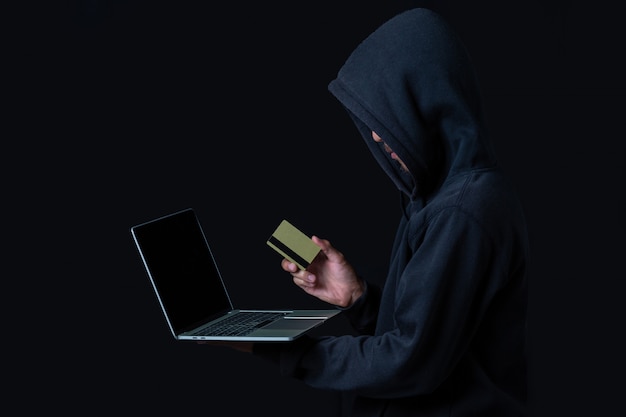
A few weeks ago, news broke out about Target’s security breach, which left many people shocked and angry. This incident exposed millions of Target shoppers to identity theft risks in November and December, as hackers accessed their credit card information.
The situation has worsened since then. Hackers managed to get more than just credit card details—they also gained access to customer emails, phone numbers, names, and physical addresses. Target admitted that the damage is more extensive than they initially thought, potentially affecting up to 110 million customers. Not long after, Neiman Marcus revealed that their customers also faced a security breach during the holiday shopping season.
If you’re one of the many Americans who rely on credit cards for convenience, here are some ways to protect your information:
1. **Use Cash**
Using cash means there’s no electronic trace of your purchases, reducing the chances of your information being stolen in stores. However, keep in mind that theft can still happen in other places, like hospitals or student loan services.
2. **Regularly Check Your Credit Report**
You’re entitled to a free annual credit report from annualcreditreport.com. You can get one report each year from each of the three credit bureaus: TransUnion, Equifax, and Experian. It’s a good idea to spread out these requests throughout the year—for example, request one from TransUnion in January, Equifax in May, and Experian in September. This helps you keep an eye on any suspicious activity regularly.
3. **Invest in a Credit Monitoring Service**
For about $80 to $100 a year, you can sign up for a credit monitoring service. These services notify you quickly if there’s suspected identity theft, often before major damage is done. They also usually offer help with restoring your credit if it gets stolen.
4. **Freeze Your Credit**
While regularly checking your credit report and using a monitoring service can help you spot identity theft, these are reactive measures. A more proactive step is to freeze your credit. This means that no one, including you, can open new credit lines. When you need to apply for a credit card or a loan, you’ll have to unfreeze your credit by contacting the respective credit bureau and using a PIN. You can unfreeze it for an indefinite period or just for a week, whatever fits your needs. There might be small fees for freezing and unfreezing your credit.
If you’re worried about security breaches and potential identity theft, the best preventive measures are to use cash or freeze your credit. If these options don’t suit you, consider regularly checking your credit report or investing in a credit monitoring service for added peace of mind.